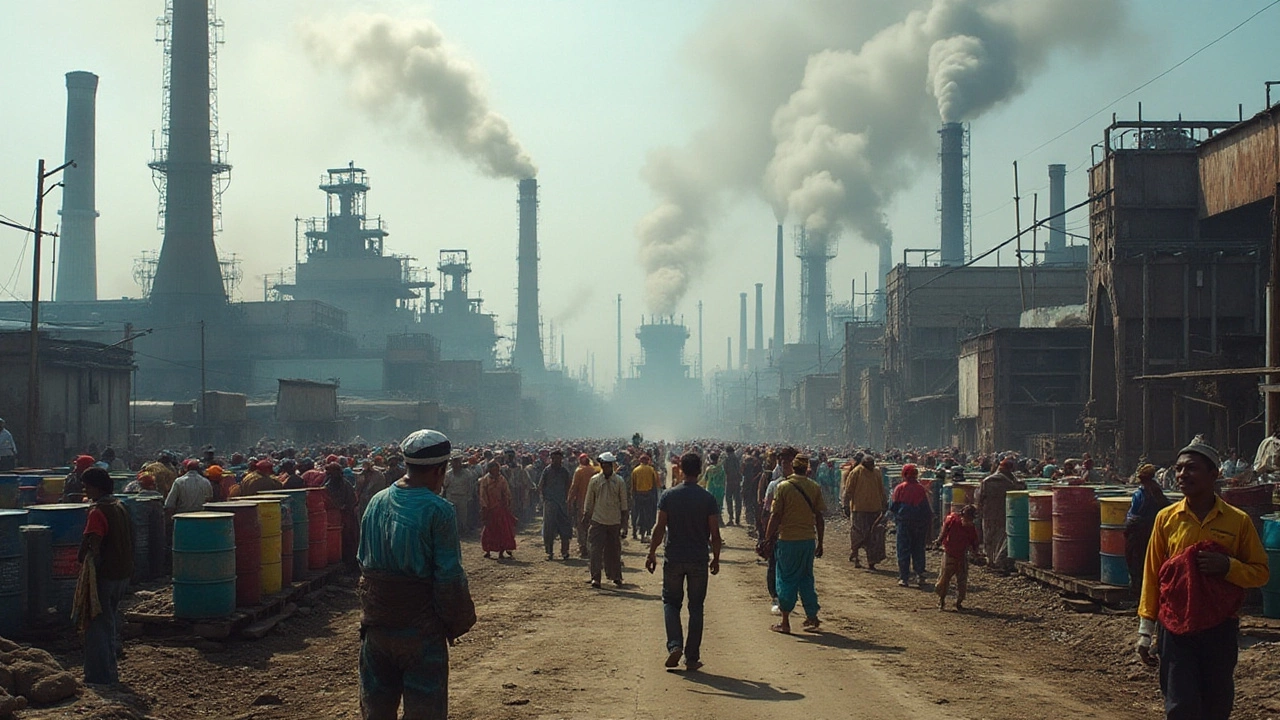Supply Chain Issues Every Indian Manufacturer Should Know
Ever felt a production line grind to a halt because a shipment didn’t arrive on time? You’re not alone. Across India, factories are wrestling with delayed raw material deliveries, sudden customs fees, and unpredictable freight rates. These hiccups don’t just affect the bottom line – they can ruin client relationships and stall growth.
Why Supply Chains Keep Stalling
First, raw material sourcing is a major pain point. Take plastic manufacturers, for example. They often rely on polymer imports from overseas. When shipping lanes choke up or ports impose new tariffs, the cost of resin spikes and inventories shrink. The same story repeats in the furniture sector: exporters to the U.S. face shifting import regulations that can add weeks to clearance times.
Second, domestic logistics are far from seamless. Rural factories still depend on a patchwork of road networks, and a single broken bridge can delay hundreds of tonnes of steel or chemicals. Meanwhile, the surge in demand for pharmaceuticals has stretched warehousing capacity, creating a ripple effect that pushes raw material orders further downstream.
Third, global market swings throw a wrench into planning. When a major chemical exporter faces a sudden production cut, prices for key reagents jump, forcing Indian producers to either absorb the cost or pass it to customers. These fluctuations are felt across sectors – from textiles in Surat to electronics in Bengaluru.
Practical Steps to Overcome the Bottlenecks
So, what can you do right now? Start by diversifying suppliers. Relying on a single overseas polymer provider is a risk; adding a local recycler or a regional partner can give you a safety net when ports back up.
Next, invest in inventory buffers for critical components. A modest safety stock of high‑turn items like PET pellets or steel coils can keep the line moving during a short‑term disruption without tying up too much capital.
Third, use technology to track shipments in real time. Simple GPS dashboards let you spot delays early and re‑route trucks before a deadline is missed. Many small‑batch manufacturers have adopted low‑cost tracking apps and seen a 15% reduction in late deliveries.
Finally, stay ahead of regulatory changes. Subscribe to alerts from customs authorities and join industry groups that share updates on duties or export paperwork. Knowing that a new rule on furniture imports to the U.S. is coming lets you prepare documentation early, saving both time and money.
Supply chain issues aren’t going away overnight, but with a mix of smarter sourcing, better inventory practices, and real‑time visibility, you can turn a crisis into a competitive edge. Keep an eye on the trends, test small improvements, and watch your production stay steady even when the world throws curveballs.

Chemical Shortages Impacting India's Industry in 2024
India, a major hub for chemical manufacturing, faces challenges as certain critical chemicals experience shortages. This situation impacts various industries, affecting production cycles and market stability. Reasons behind the shortage include supply chain disruptions, increased demand, and geopolitical factors. Manufacturers are exploring alternative strategies and sourcing options to mitigate these challenges. Addressing this issue is crucial for sustaining India's economic growth and industrial output.
Read More